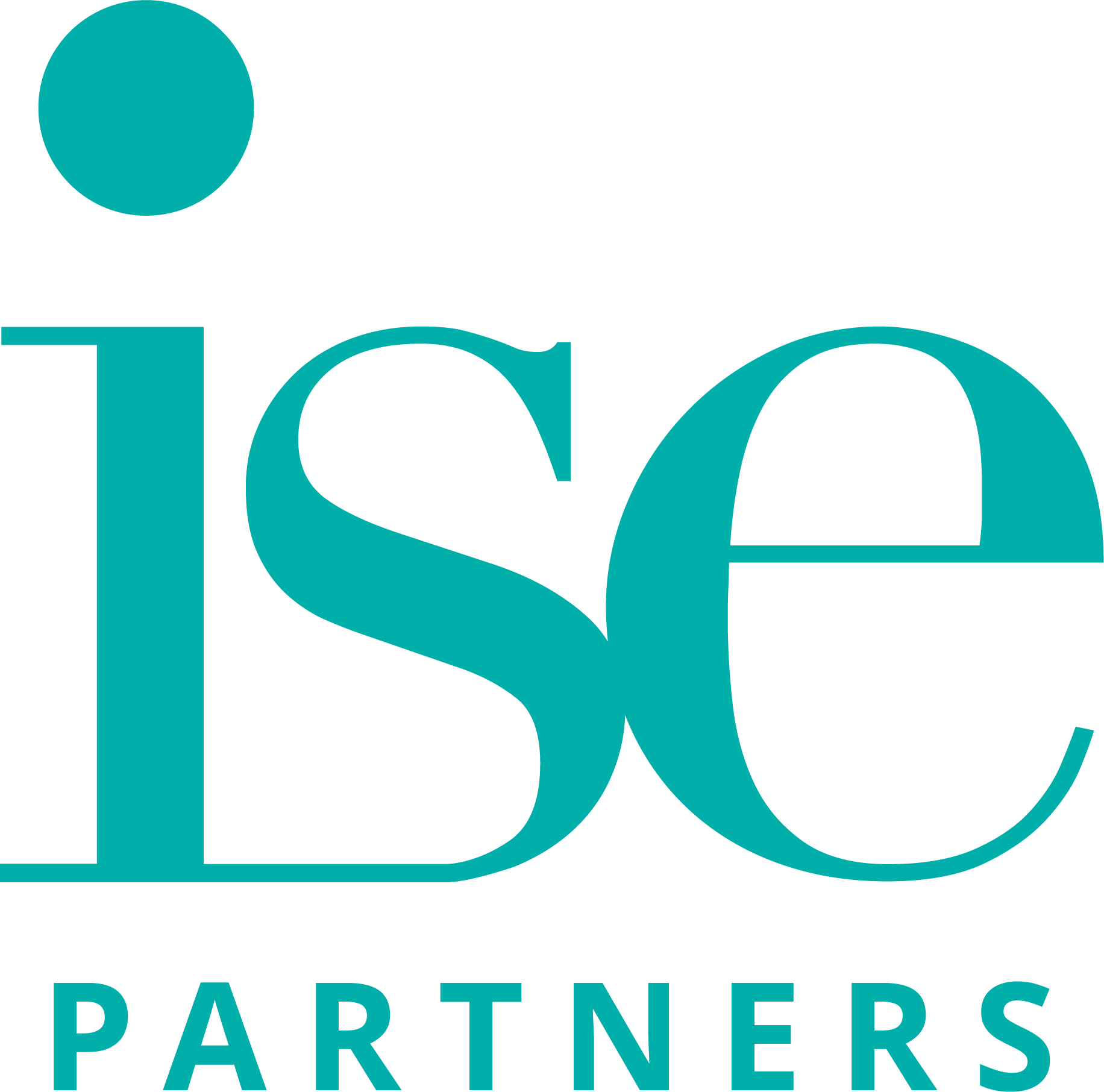In November, we hosted an engaging roundtable discussion on the transformative impact of annual reviews in retaining and developing Executive Assistant talent.
One standout revelation? Many organisations still lack a formal appraisal process for their EAs, thereby missing out on a significant opportunity to recognise their value, foster their growth, and enhance their contribution to business success.
We reached a shared consensus: a structured, thoughtful appraisal framework tailored for EAs not only amplifies their professional growth and sense of value but also ensures they are strategically aligned to support their executives in achieving key business objectives.
Key Insights from the Discussion
🔹 Measurable Performance Metrics
To effectively evaluate EA performance, it’s crucial to establish clear, measurable actions. Examples include tracking task completion rates, gathering structured executive feedback, and reviewing project outcomes.
🔹 Core Assessment Areas
We identified key areas to evaluate, such as:
- Communication skills: Assessing clarity, responsiveness, and the ability to anticipate needs.
- Organisational prowess: Including calendar management, event coordination, and task prioritisation.
- Initiative and motivation: Recognising proactive problem-solving and a commitment to continuous improvement.
🔹 The Power of Networking
An interesting takeaway was the value of EAs cultivating their own professional networks. Building connections with other EAs—whether through virtual coffee chats, Teams meetings, or LinkedIn outreach—not only enhances their communication capabilities but also provides practical advantages, such as better access to key stakeholders. Participation in EA networking events was highlighted as another measurable and impactful goal.
🔹 Focusing on Development Opportunities
We emphasised the importance of showcasing growth, such as new skills mastered, courses completed, and future career plans. Highlighting these achievements during appraisals underscores an EA’s commitment to their role and opens doors to further development opportunities.
Why It Matters
A robust appraisal process isn’t just beneficial for EAs—it’s a win for the entire organisation. By fostering engagement, motivation, and professional alignment, companies can ensure their EAs remain highly effective and deeply invested in the company’s success.
Let’s not underestimate the power of investing in Executive Assistants. When they thrive, so does the business.
If you would like to receive advice or the notes collated from our roundtable discussion, please do not hesitate to reach out to one of our team today.



